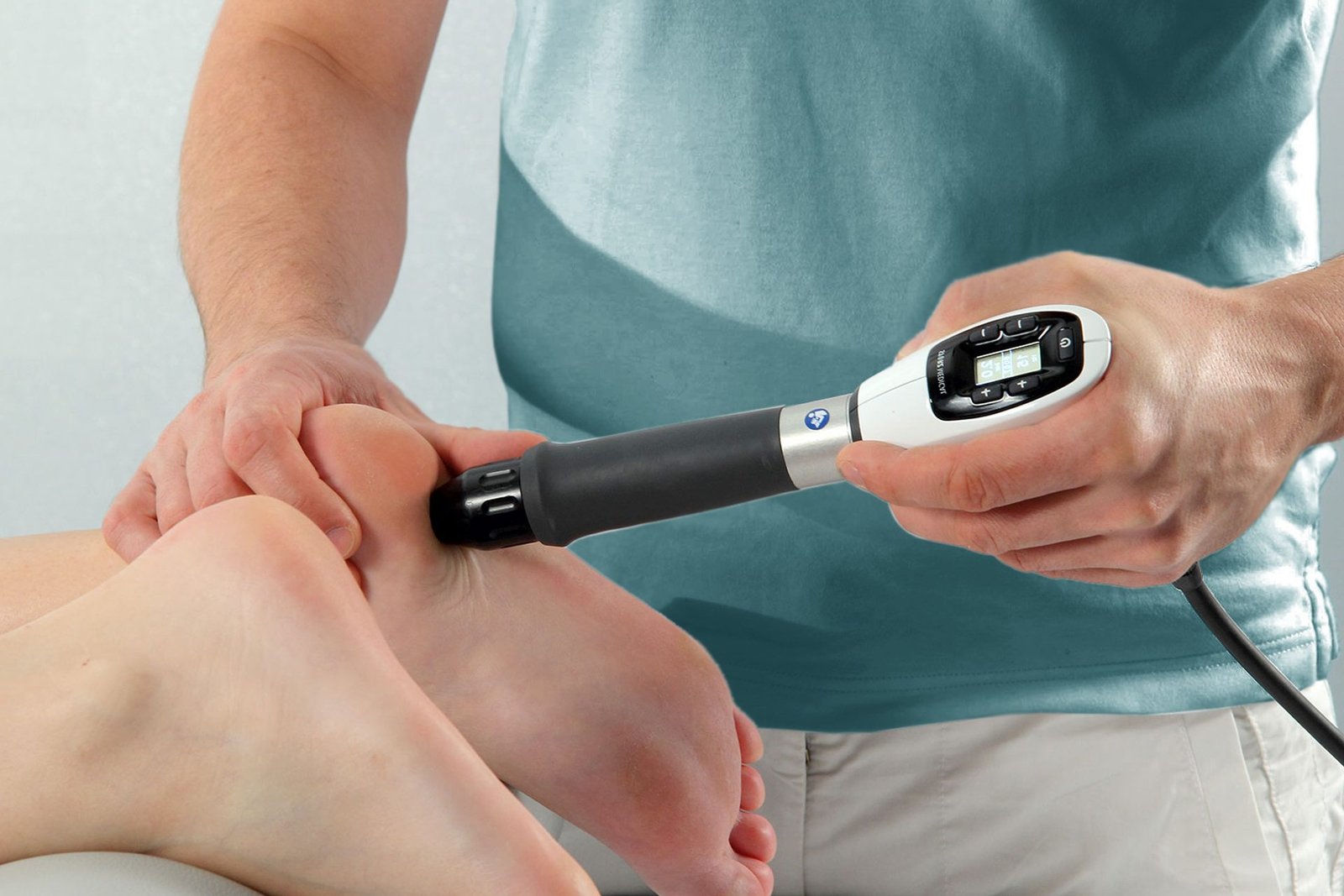
Belly fat, also known as visceral fat, is a type of fat that accumulates around the midsection and internal organs. It can be harmful to your health as it increases the risk of heart disease, type 2 diabetes, and other health problems. Losing belly fat requires a combination of diet, exercise, and lifestyle changes. In this article, we will discuss some tips to reduce belly fat content.
Reduce calorie intake: To lose belly fat, you need to create a calorie deficit by consuming fewer calories than your body burns. A calorie deficit of 500 to 1000 calories per day can help you lose 1-2 pounds per week. You can reduce calorie intake by eating smaller portions, choosing low-calorie foods, and avoiding high-calorie snacks and beverages.
Eat a balanced diet: Eating a balanced diet that includes protein, carbohydrates, and healthy fats can help you lose belly fat. Protein can help reduce cravings and increase metabolism, while carbohydrates provide energy for exercise. Healthy fats, such as avocado, nuts, and seeds, can help reduce inflammation and improve heart health.
Avoid sugary foods: Sugary foods and beverages are high in calories and can contribute to belly fat. Avoid foods that contain added sugars, such as soda, candy, and baked goods. Instead, choose whole fruits, which contain fiber and vitamins.
Exercise regularly: Exercise is essential for losing belly fat as it helps burn calories and build muscle. Aerobic exercise, such as running, cycling, or swimming, can help burn calories and reduce belly fat. Resistance training, such as weight lifting, can help build muscle and boost metabolism.
Reduce stress: Stress can contribute to belly fat as it increases cortisol levels, a hormone that promotes fat storage in the belly. Find ways to reduce stress, such as practicing yoga, meditation, or deep breathing exercises.
Get enough sleep: Lack of sleep can increase hunger and cravings, which can contribute to belly fat. Aim to get at least 7-8 hours of sleep per night to help regulate hormones and promote weight loss.
Drink plenty of water: Drinking water can help reduce belly fat by reducing bloating and increasing feelings of fullness. Aim to drink at least 8-10 glasses of water per day to stay hydrated and promote weight loss.
Reduce alcohol intake: Alcohol is high in calories and can contribute to belly fat. Limit your alcohol intake or avoid it altogether to help reduce belly fat.
Increase fiber intake: Fiber can help reduce belly fat by promoting feelings of fullness and reducing calorie intake. Choose high-fiber foods such as fruits, vegetables, whole grains, and legumes.
Seek professional help: If you have tried all these tips and are still struggling to lose belly fat, seek professional help from a registered dietitian, personal trainer, or physician.
In conclusion, losing belly fat requires a combination of diet, exercise, and lifestyle changes. By reducing calorie intake, eating a balanced diet, exercising regularly, reducing stress, getting enough sleep, drinking plenty of water, reducing alcohol intake, increasing fiber intake, and seeking professional help, you can reduce belly fat and improve your health.






